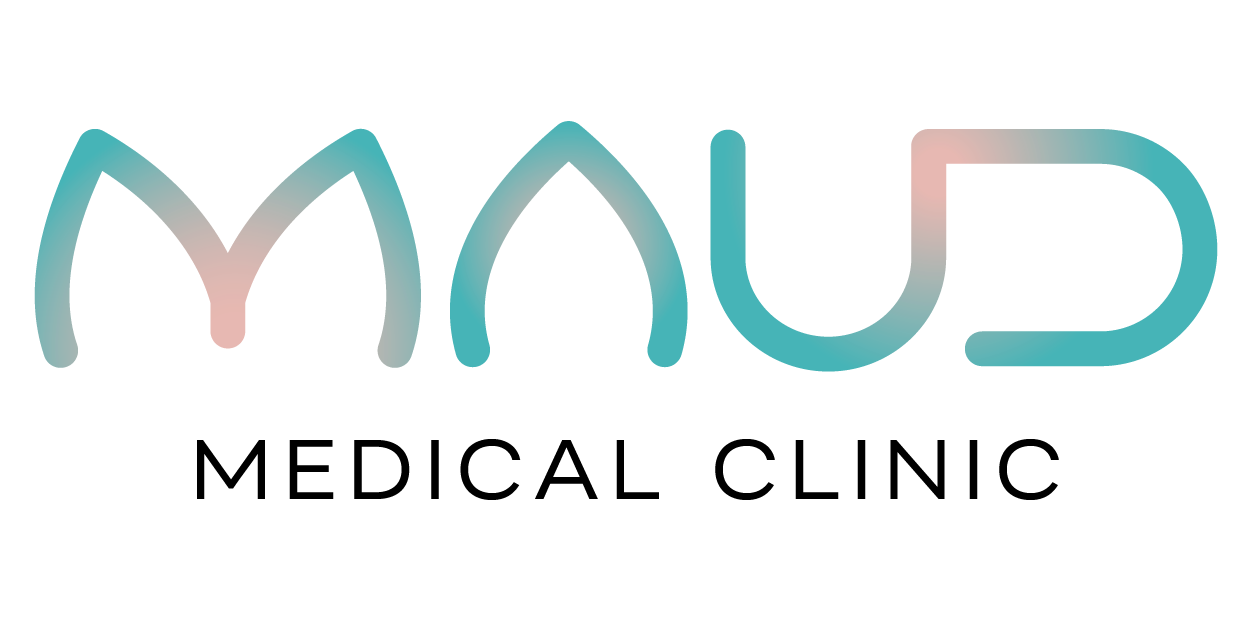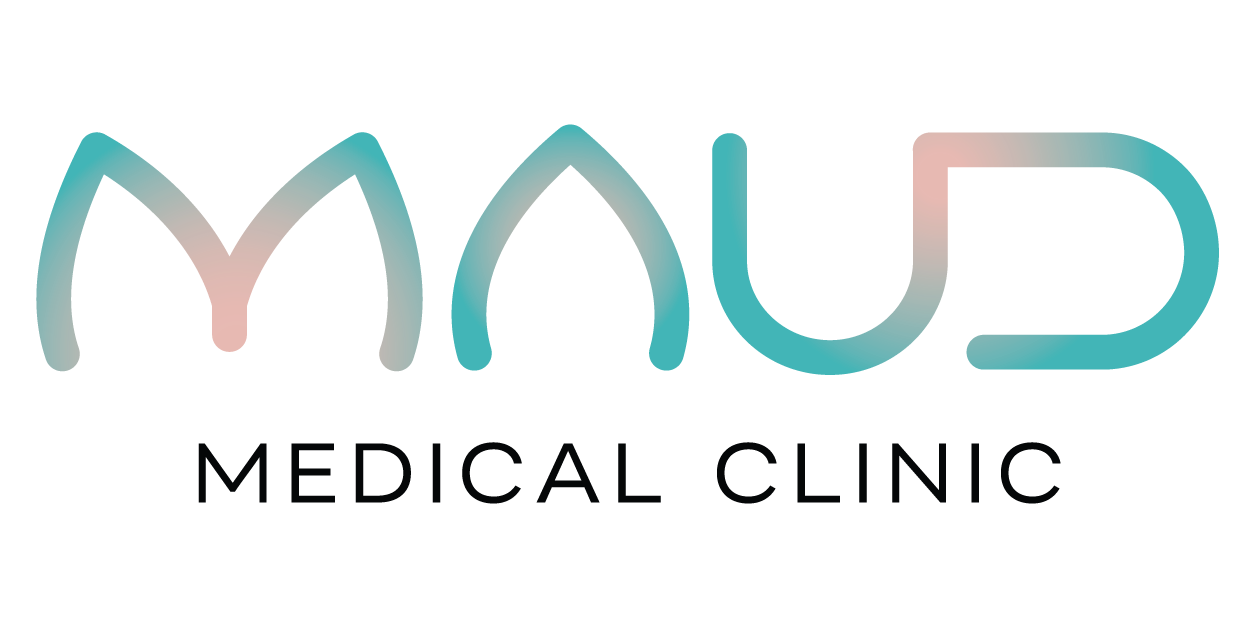Learn about UTIs
Learn about UTIs: How to Prevent and Treat Recurring Infections
If you've ever had a urinary tract infection (UTI), you know just how uncomfortable and disruptive it can be. The burning sensation, constant urge to urinate, and abdominal pain are hard to ignore. But for some women, UTIs don’t just happen once they come back again and again.
At Maud Medical Clinic Calgary, we help women get to the bottom of recurring UTIs with a compassionate, whole-person approach. If you've been told “it’s just something women live with,” it's time to rethink that narrative.
This blog will go through what UTIs are, why they happen, what causes repeat infections, and most importantly how to treat and prevent them effectively.
What Is a UTI?
A urinary tract infection (UTI) is an infection that occurs anywhere along the urinary tract, which includes the bladder, urethra, ureters, and kidneys. Most commonly, UTIs affect the lower urinary tract, the bladder and urethra.
Symptoms of a UTI may include:
Burning sensation during urination
Urgent or frequent need to urinate
Pelvic or lower abdominal pain
Cloudy or strong-smelling urine
Blood in the urine (in some cases)
Feeling tired or shaky
In more serious cases especially when the infection reaches the kidneys symptoms may also include fever, chills, and back pain.
How Common Are UTIs?
UTIs are extremely common, especially among women. According to the Canadian Urological Association:
About 50–60% of women will experience at least one UTI in their lifetime.
Up to 30% of women who have a UTI will develop another within six months.
Some women experience three or more UTIs per year, which qualifies as recurrent urinary tract infections.
UTIs can occur at any age but are particularly common:
After the onset of sexual activity
During and after menopause
For women with certain anatomical or immune system differences
At Maud Medical Clinic, our Calgary-based physicians understand that frequent UTIs aren’t just inconvenient—they affect your quality of life, sleep, intimacy, and overall wellness.
What Causes UTIs?
Most UTIs are caused by bacteria, especially Escherichia coli (E. coli), which naturally lives in the bowel. These bacteria can enter the urinary tract and multiply in the bladder, leading to infection.
Common UTI risk factors include:
Sexual activity: Can introduce bacteria into the urethra
Use of spermicides or diaphragms: May alter vaginal flora and increase risk
Menopause: Reduced estrogen levels affect the lining of the bladder and urethra
Incomplete bladder emptying: Increases bacterial growth
Poor hydration: Leads to infrequent urination, which allows bacteria to multiply
Chronic constipation: Affects bladder function
Diabetes or immune suppression: Lowers the body's ability to fight infections
What About Recurring UTIs?
A recurrent UTI is typically defined as:
Two or more UTIs in six months, or
Three or more in a year
These may be due to:
Persistent bacterial reservoirs that are never fully eliminated
Hormonal changes
Pelvic floor dysfunction
Unidentified anatomical issues, such as a urethral stricture or bladder prolapse
In many cases, the standard approach—prescribing antibiotics without further evaluation—only offers temporary relief.
At Maud Medical Clinic Calgary, we dig deeper to identify root causes and create a sustainable plan for prevention.
How Are UTIs Diagnosed?
Diagnosis typically includes:
Urine sample testing (urinalysis)
Urine culture, to identify the exact bacteria causing the infection
Review of symptoms and medical history
In the case of recurring infections, your physician may recommend:
Pelvic exam, to check for signs of estrogen deficiency or prolapse
Bladder scan, to assess how well you empty your bladder
Referral for imaging or urology consultation, if needed
Our clinic takes a whole-person approach, considering your lifestyle, hormonal health, hydration habits, and any contributing medical factors.
What Are the Treatment Options?
For an uncomplicated UTI, a short course of oral antibiotics is typically effective. However, treatment for recurrent UTIs may involve more than medication.
Options include:
1. Individualized Antibiotic Strategy
For some women, a longer course or preventive antibiotic protocol may be needed.
Self-start prescriptions may be considered in select, well-monitored cases.
2. Vaginal Estrogen Therapy (for postmenopausal women)
Helps restore the integrity of the vaginal and urethral tissues
Reduces the risk of recurrent infections
Low-dose, localized estrogen is safe for most women and not absorbed systemically
3. Pelvic Floor Physiotherapy
Addresses bladder-emptying issues, pelvic pain, or tight pelvic floor muscles that can increase UTI risk
Offered at Maud Medical Clinic as part of a multidisciplinary care model
4. Lifestyle Support
Hydration coaching, bladder retraining, and urination techniques
Addressing constipation and diet, especially reducing bladder irritants like caffeine or artificial sweeteners
5. Non-Antibiotic Options
Cranberry extracts, D-mannose, and probiotics are sometimes used as complementary strategies, although evidence is mixed
Always discuss these with your physician before starting
How to Prevent UTIs
The best UTI is the one that never happens. While not every UTI is preventable, there are many ways to lower your risk.
Prevention tips we often share at Maud Medical:
Stay hydrated: Aim for 1.5–2 litres of water per day, unless medically restricted
Urinate after sex: Helps flush out bacteria from the urethra
Wipe front to back: Prevents fecal bacteria from entering the urethra
Avoid perfumed products: Including douches, sprays, and scented wipes
Choose breathable underwear: Cotton fabrics and avoiding prolonged moisture can reduce bacterial growth
Address vaginal dryness or hormonal shifts: Especially in perimenopause and menopause
We empower our patients to take an active role in prevention, with the guidance of experienced Calgary-based physicians.
When to See a Doctor
UTIs can escalate if left untreated. Contact your doctor if you experience:
Painful or burning urination
Frequent urge to urinate with little output
Blood in your urine
Fever, chills, or back pain
If you've had more than one UTI in the last six months, it’s time to explore why—and how to stop the cycle.
At Maud Medical Clinic Calgary, we go beyond symptom relief to understand the full picture of your health.
Whole-Person Care for UTI Prevention and Recovery
We know that recurrent UTIs are not just a medical nuisance; they impact your comfort, confidence, intimacy, and mental wellbeing. That’s why our approach at Maud Medical Clinic is different.
We don’t just write prescriptions. We:
Listen and educate
Examine root causes
Coordinate pelvic physiotherapy and medical care
Support you with hormone health, bladder retraining, and evidence-based prevention
Because you deserve more than temporary relief you deserve long-term empowerment.
Doctor Appointments at Maud Medical Clinic
Medical advice and care on all vaginal-related concerns is available at Maud Medical Clinic Calgary. Our doctors provide services such as:
PAP smear screening
STI and UTI testing and treatment
IUD and Nexplanon insertion
Family planning and preconception support
Pelvic floor function and sexual health
Menstrual comfort and incontinence management
Postpartum care
Menopause hormone therapy
Learn more here
Medical doctor services are covered by your valid provincial healthcare card.
Urinary tract infections may be common, but they are never something you should have to endure silently or repeatedly. Whether it’s your first UTI or your fifth this year, Maud Medical Clinic Calgary is here to help with evidence-informed, compassionate care.
Our physicians and collaborative care team can help you break the cycle, find lasting relief, and feel in control of your bladder health again.
References
Canadian Urological Association. “Recurrent Urinary Tract Infections in Women.” https://www.cua.org
Public Health Agency of Canada. “Urinary Tract Infections.” https://www.canada.ca
National Institute for Health and Care Excellence (NICE). “Urinary Tract Infection (UTI) - Recurrent: Management in Women.” https://www.nice.org.uk

